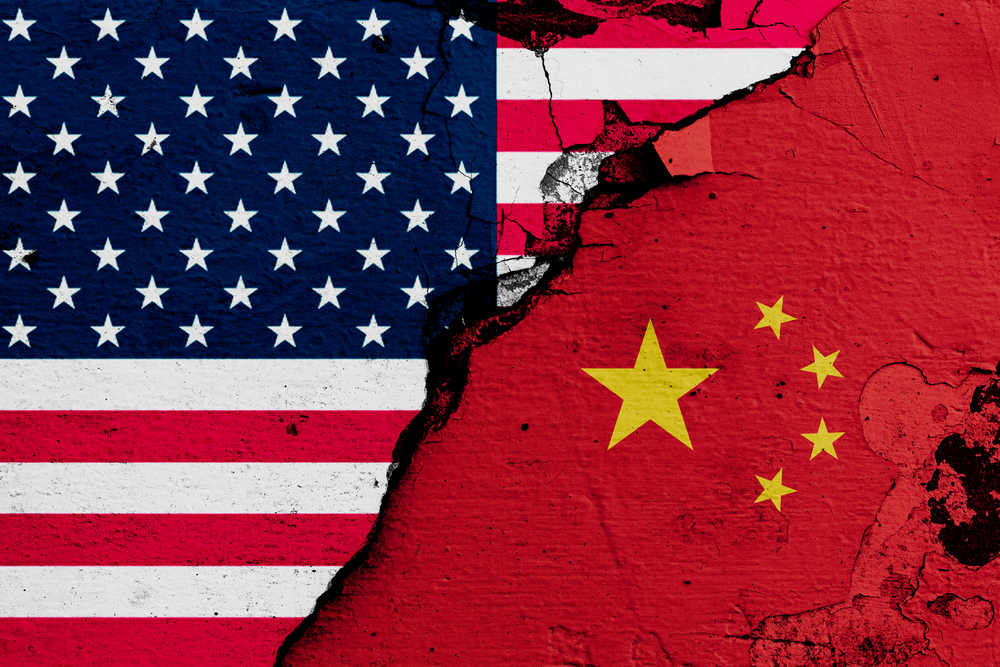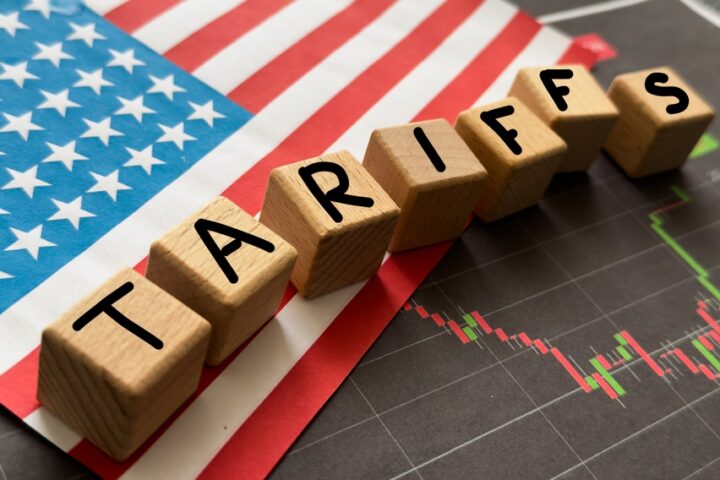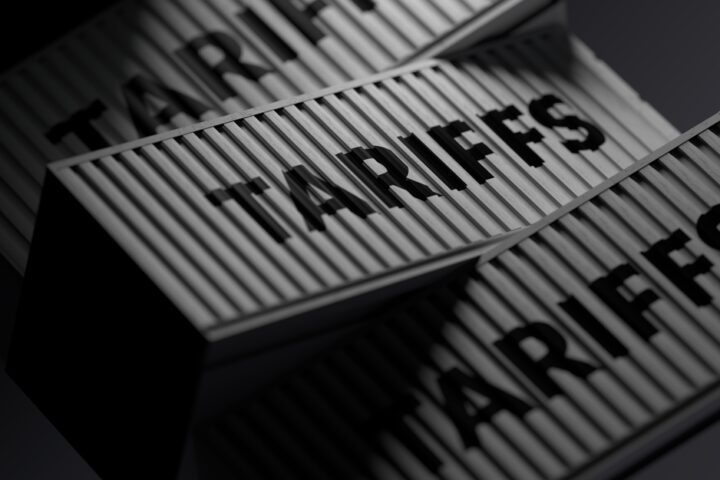China’s Export Control of Rare Earths Threatens U.S. Defense
China’s recent decision to impose strict export controls on seven critical rare earth elements is raising alarms in the United States. These elements are vital in manufacturing advanced defense technologies, including fighter jets, radar systems, and missiles. The new restrictions come amid rising tensions between the U.S. and China, which could severely disrupt the U.S. military’s access to crucial materials used in defense and technology sectors.
The Impact of China’s Rare Earth Monopoly
China has long held a dominant position in the global supply chain for heavy rare earths, materials essential for the production of advanced military equipment. By limiting exports of these elements, Beijing could significantly weaken the U.S.’s ability to maintain its defense capabilities. The U.S. currently lacks the infrastructure to process heavy rare earths on a large scale, and efforts to build domestic facilities may take years, leaving the country vulnerable in the short term.
U.S. Response and Future Supply Chain Development
Despite efforts from the U.S. Department of Defense (DOD) to establish a domestic rare earth supply chain by 2027, the CSIS report warns that these initiatives are insufficient to meet defense demands in the coming years. The U.S. is currently unable to replace China’s heavy rare earth processing capabilities, and as such, U.S. military manufacturers could face significant supply shortages. This dependency on China for critical minerals puts the U.S. at a distinct disadvantage in the ongoing trade and military rivalry between the two countries.
Global Alternatives and Rising Tensions
Countries like Australia and Brazil are taking steps to bolster their own rare earth supply chains, reducing global reliance on China. The U.S. is encouraged to support these nations through diplomatic and financial efforts to help establish alternative sources for these critical minerals. However, China’s export restrictions may force other countries to align more closely with Beijing to ensure continued access to these essential resources.
The Weaponization of Rare Earths
China’s control over rare earth elements is increasingly seen as a tool of economic and geopolitical leverage. The rising tension over these materials is not only reshaping global trade dynamics but also accelerating the shift toward alternative supply sources. As geopolitical competition intensifies, China’s monopoly on critical minerals is likely to become a key factor in shaping future international relations, potentially leading to a more fragmented global economy.







